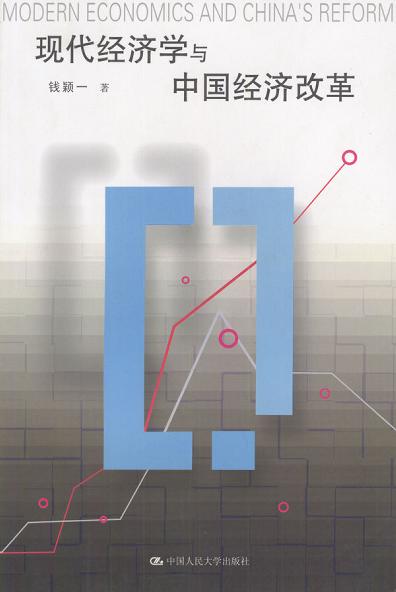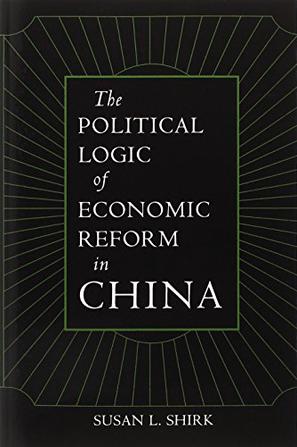The Political Logic of Economic Reform in China
Susan L. Shirk
Over the past decade, China managed to carry out economic reform without political reform while the Soviet Union attempted the opposite strategy. How did China succeed at economic market reform without changing communist rules? Susan Shirk shows that Chinese communsit political institutions are more flexible and less centralized than their Soviet counterparts were.
Shirk pioneers a rational choice institutional approache to analyze policy-making in a authoritarian country. She offers an original theoretical framework to make sense of the history of Chinese market reform from 1979 to the present. Drawing upon extensive interviews with high-level Chinese officials, she pieces together detailed histories of economic reform policy-making and shows how the poltiical logic of Chinese communist institutions shaped those decisions. Communist politicians at different levels of the system embraced particularistic economic reform policies that enabled them to claim credit and enhance their careers.
Combining theoretical ambition with the flavor of on-the-ground policy-making in Beijing, Shirk makes a major contribution to the study of reform in China and other communist countries.



